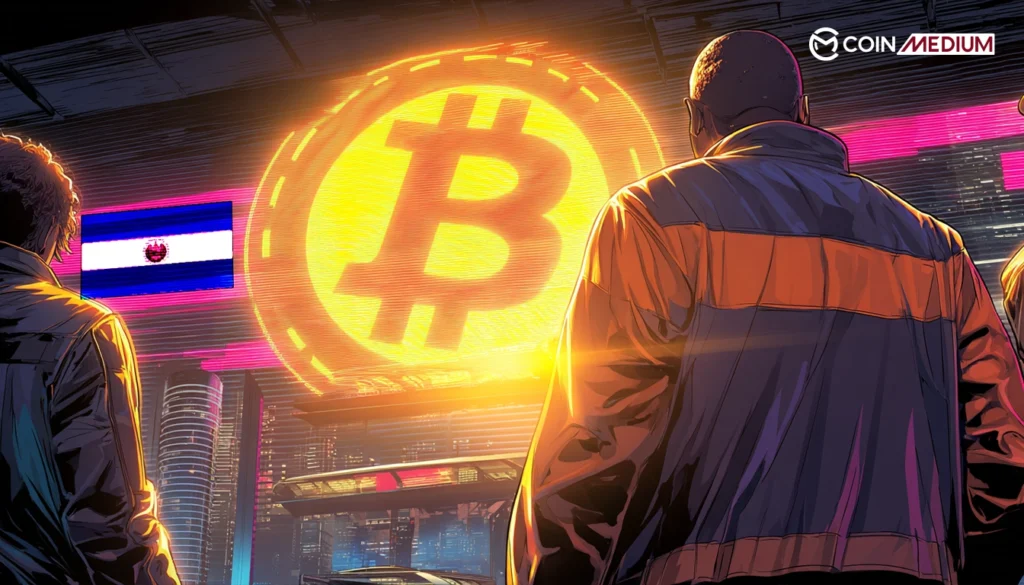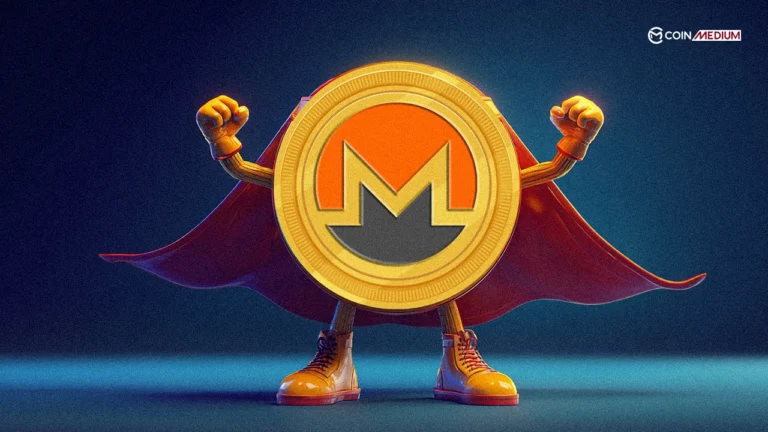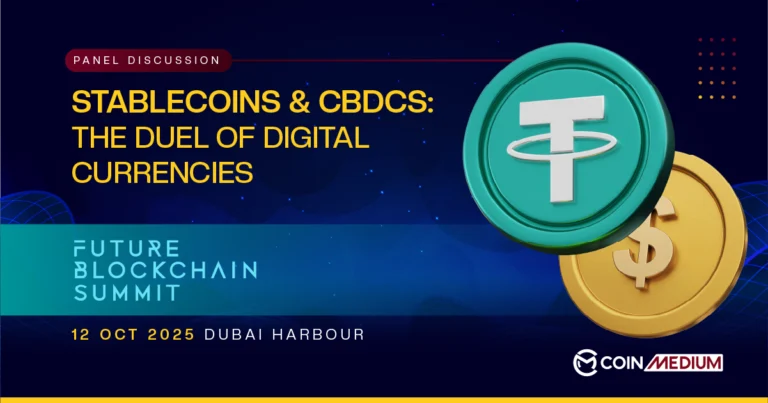El Salvador announced today on X that it plans to introduce Bitcoin-focused banking into its economy, further advancing President Nayib Bukele’s Bitcoin-centered economic vision.
The post stated, “Bitcoin Banks are coming to Bitcoin country,” hinting at the possible rollout of banking institutions dedicated solely to Bitcoin services. However, the plan remains vague, with no official details or regulatory framework shared yet.
If implemented, these Bitcoin-only banks could potentially offer services like BTC deposits, loans, and investment products, which may significantly change how Salvadorans access financial services. For now, the scope and structure of the initiative remain speculative, pending further announcements from the government.
Bukele’s Bitcoin Banks Dream
El Salvador’s latest announcement about launching Bitcoin banks builds on President Nayib Bukele’s earlier proposal to create a Bank for Private Investment (BPI). Originally introduced last year, the BPI plan aimed to allow banks to operate with fewer regulations than traditional financial institutions.
Milena Mayorga, El Salvador’s Ambassador to the U.S., explained that these BPIs would enjoy greater freedom in forming international partnerships and issuing loans. According to Bukele’s original framework, each BPI would require at least $50 million in share capital and two shareholders, and they could register as digital asset managers and Bitcoin service providers. The proposal is still under review by the country’s Technology, Tourism, and Investment Commission.
Long-Running Battle Between IMF and El Salvador Over Bitcoin
Despite the optimism, there are concerns. The IMF has continued to challenge El Salvador’s Bitcoin strategy, warning about crypto’s volatility and the lack of consumer protections. While analysts acknowledge that Bitcoin banks could help improve financial access in a country where nearly 70% of the population is unbanked, they also point to the risks associated with crypto’s unpredictable nature.
Since making Bitcoin legal tender in 2021, El Salvador has taken several bold steps, including launching the state-run Chivo wallet, investing in Bitcoin-backed bonds, and developing a geothermal-powered Bitcoin mining project.
However, the structure of this new banking move remains unclear. It’s uncertain whether the country will proceed under the BPI model or create a separate framework for Bitcoin banks. Still, the message is clear: El Salvador is committed to deepening its Bitcoin adoption.
Adding to the uncertainty, the IMF recently reported that the country’s latest Bitcoin wallet activity was merely a consolidation of existing holdings despite government claims of fresh acquisitions. This contradiction has raised questions about the transparency of El Salvador’s Bitcoin strategy.
As of now, El Salvador’s Bitcoin holdings have reached $767 million. More details on the government’s banking plans are expected in the coming weeks.








